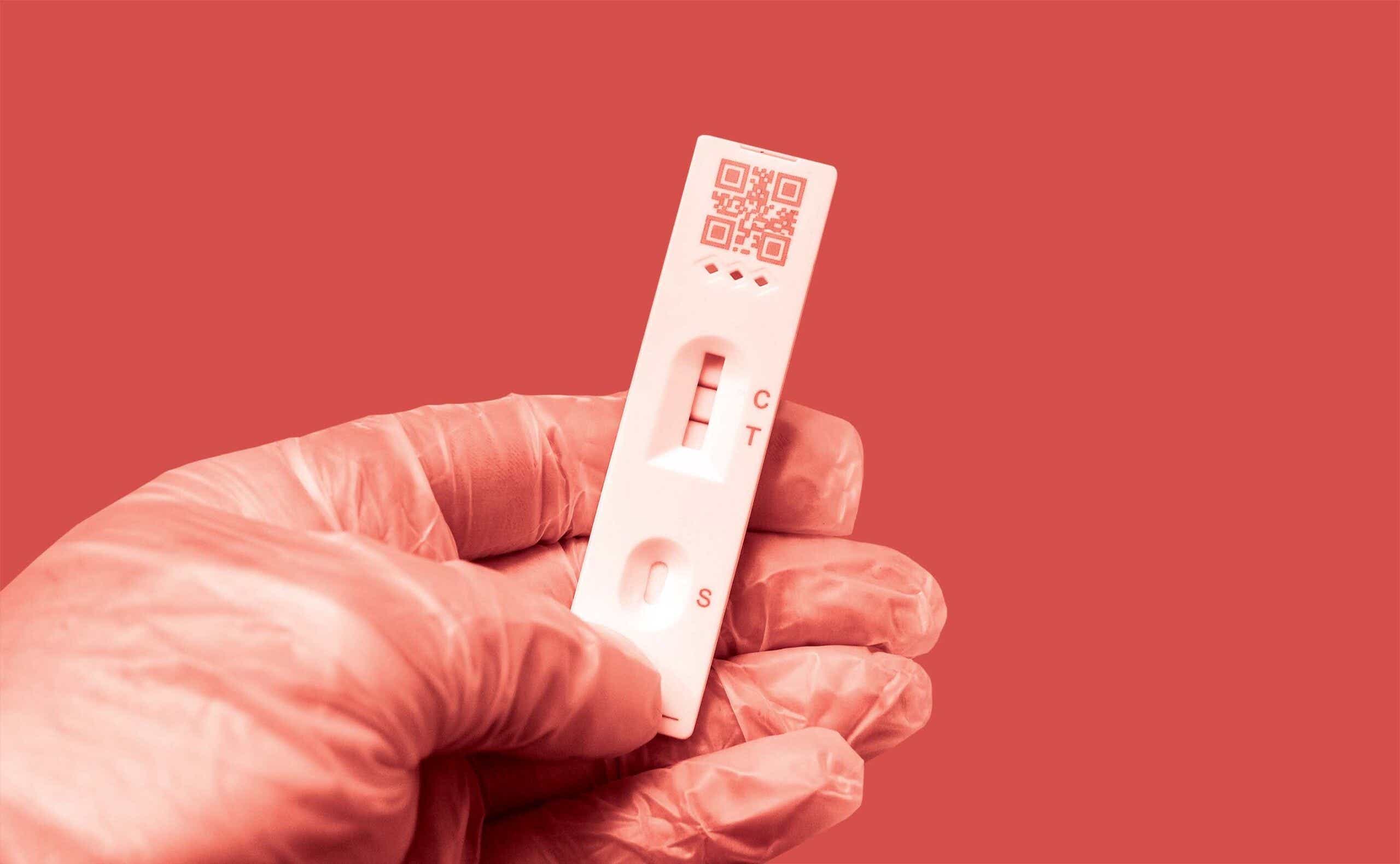Not sure how you should be celebrating the holidays this year? We don’t blame you. The Omicron variant is ripping across the U.S., fueling a surge in parts of the country with some of the highest vaccination rates. Here’s the latest on this extremely contagious strain:
Which parts of the U.S. are experiencing an Omicron surge?
Despite its high vaccination rates, the Northeast is getting hammered. Over the past two weeks, Connecticut and Maine saw a 150% increase in infections, while cases rose 80% in New York. The region is also seeing an uptick in Covid-19 deaths and hospitalizations.
The booster isn't optional:
Early research shows that even two doses of the Pfizer and Moderna vaccines isn't enough to prevent an Omicron infection, and that a third shot really is needed to fend off the variant. (Shots by J&J, AstraZeneca, and others produced in China and Russia have so far provided little to no protection against the strain.) That’s why pulmonary critical care expert and CEO of e7 Health Jonathan Baktari, MD, says Americans need to stop thinking of the booster as “optional.”
“It was less optional for Delta. It is for sure not optional with Omicron,” Dr. Baktari told us. “We need to start thinking about these vaccines as a three-shot series.”
How severe is Omicron?
Some early data out of South Africa, where the variant was first detected, suggested Omicron might be less deadly than earlier variants. They found that people infected with the strain were less likely to be hospitalized and recovered more quickly from illness compared to other variants. But that might not be the case in the U.S., Taison Bell, MD, a critical care and infectious disease physician at UVA Health, told us.
There’s a high rate of natural immunity in South Africa, because so many people were infected early on in the pandemic, Dr. Bell says. Plus, their population is younger than ours, Dr. Bell says.
“I think something that’s concerning is that we’re seeing it in London, where hospitalizations are up,” Dr. Bell says. “They’re experiencing it a little differently than South Africa did. And if I had to wager, I’d say that our population is probably a little more similar, demographically, to the U.K. than it is to South Africa.”
What precautions should you be taking this holiday season?
The most important thing to do is get your booster, Dr. Baktari says. Then you should consider your own risk factors and how medically vulnerable the people at your holiday gathering may be.
If you’re relatively young and healthy, and have received three doses of the vaccine, Dr. Baktari says it’s generally safe for you to travel (while masking and taking other precautions) this holiday. You’ll also want to make sure that any gathering you have is small and that all attendees are also triple-vaxed.
Dr. Bell also recommends taking a “layered approach.” This year, his family will be having a much smaller get-together than usual, he says. Everyone will also be required to have three doses of the vaccine and take a rapid test either the night before or the day of their arrival.
What should you do if you suspect you have Covid-19 — or if you test positive?
If you start to feel sick and are worried that you may have Covid-19, you should immediately get a PCR test and then isolate yourself, Dr. Bell says. If you test positive, you will need to quarantine for 10 days either from when your symptoms started or when you received your positive test.









